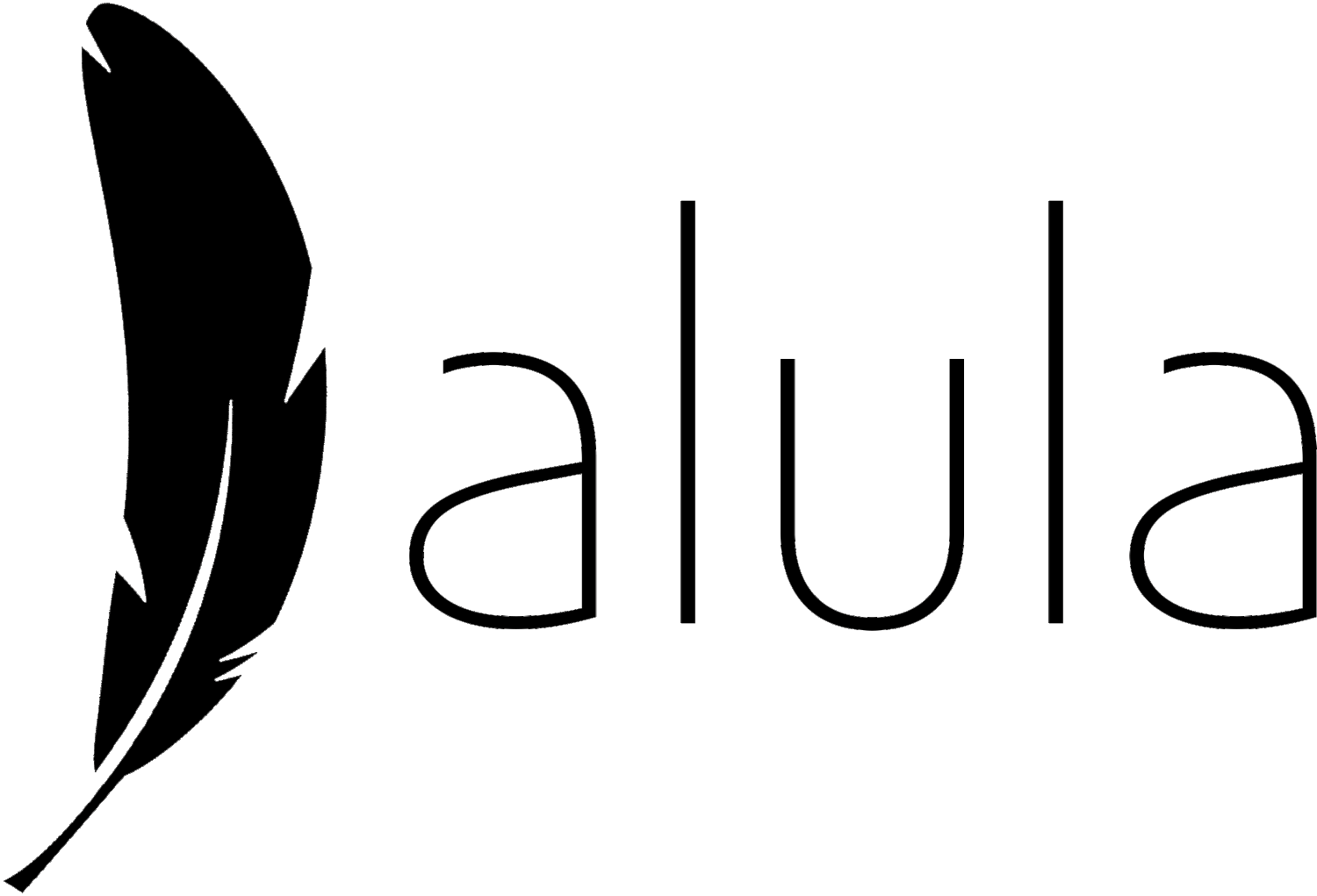Support That Reflects Who You Are: Honouring Identity in the NDIS
Support isn't just about tasks — it's about relationships. And at the heart of any strong support relationship is a simple but powerful truth:
🟡 Every person deserves to be recognised for who they are — not just what they need.
In the NDIS world, this means tailoring supports not only to someone’s goals or diagnosis, but to their personality, culture, communication style, gender identity, beliefs, and more.
At Alula, we work hard to make sure support reflects the whole person — because when identity is respected, people feel safer, more empowered, and more in control of their own lives.
🌱 Why Identity Matters in Disability Support
Too often, people with disability are reduced to labels — “high needs”, “low functioning”, “non-verbal”. But identity is not a checklist. It’s how a person sees themselves and how they want to be seen.
When support services overlook a participant’s identity, it can lead to:
Miscommunication and mistrust
A sense of disconnection or frustration
Emotional exhaustion (especially from masking)
Disengagement from support altogether
But when identity is honoured:
People feel safer, more confident, and respected
Supports feel collaborative, not clinical
Participants are more likely to engage and grow
True autonomy and choice can flourish
🔍 What Does “Honouring Identity” Actually Look Like?
This isn’t about being perfect or having all the answers. It’s about being curious, flexible, and open to learning — and applying that to every part of support delivery.
Let’s explore how this shows up in everyday practice.
1. Respecting Names, Pronouns, and Language
It starts with the basics: what someone wants to be called and how they want to be referred to.
Ask for preferred name and pronouns at the start of a relationship
Don’t assume based on documents or appearance
Respect gender identity, even if it changes or evolves
If you make a mistake, acknowledge it gently and move forward
💬 “Hi, I want to make sure I get your name and pronouns right — what do you prefer I use?”
2. Cultural Safety in Practice
Culture isn’t just where someone comes from — it’s how they see the world. That includes language, traditions, food, family structures, and spiritual beliefs.
Culturally safe support might include:
Preparing meals that reflect the participant’s cultural background
Learning basic greetings in their first language
Acknowledging cultural holidays or rituals
Understanding the role of elders or extended family in decision-making
At Alula, we ask each participant:
“Are there any cultural or spiritual practices that are important for you to keep as part of your daily or weekly routine?”
3. Celebrating Neurodiversity & Expression
Every person expresses themselves in different ways — especially those who are autistic, have ADHD, or are neurodivergent.
Ways to honour neurodivergent identity:
Don’t force eye contact, speech, or “typical” social norms
Respect stimming behaviours (e.g. flapping, rocking, humming)
Offer flexible scheduling and breaks without needing a reason
Let people choose how they communicate: verbally, visually, through AAC, or even silence
Instead of expecting participants to adapt to us, we adapt to them.
4. Supporting Personal Style and Interests
Clothing, hairstyles, music, and hobbies all reflect identity — and these should be encouraged, not shut down or “toned down.”
If a participant:
Likes bright clothes — support them to shop and express their style
Has an interest in something niche — explore how to build that into community participation
Expresses themselves through art or movement — make space for that regularly
🌟 Being able to express yourself is a key part of wellbeing — and identity.
5. Inviting Input — Not Just Tolerance
Sometimes, identity isn’t just about being accepted. It’s about being included in shaping your world.
That means:
Involving participants in support planning
Asking for feedback about what makes them feel affirmed
Not assuming “one-size-fits-all” care
Being prepared to change when something isn’t working
🟢 “What would make this feel more comfortable for you?”
🟢 “Is there anything I can do differently next time?”
🟢 “How do you like to show up in the world?”
🌼 Real Stories: When Identity Is Respected
“My worker asked if I wanted to wear a binder today or not — no one’s ever cared about that before.”
— Kai, 23, non-binary participant
“They let me stim with my hands when I’m anxious. They don’t try to stop it — they get it.”
— Ella, 17, autistic participant
“I taught my worker how to say hello in my language, and now we do it every time. It makes me feel like I matter.”
— Zara, 29, CALD participant
These moments may seem small — but to the people living them, they’re everything.
✅ Takeaway Actions for Support Workers & Families
Want to create a more identity-affirming environment? Start here:
Ask about pronouns and preferred name — and use them.
Find out what cultural or spiritual practices are important.
Make space for different communication styles.
Encourage expression through clothes, art, interests.
Never assume — ask with kindness and curiosity.
Final Thoughts
Every person deserves to be supported as their full self — not just their funding category.
At Alula, we believe that disability support should reflect identity, not erase it. Because when people feel seen and respected, they don’t just survive — they shine.
